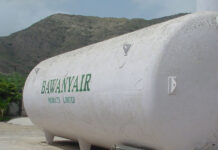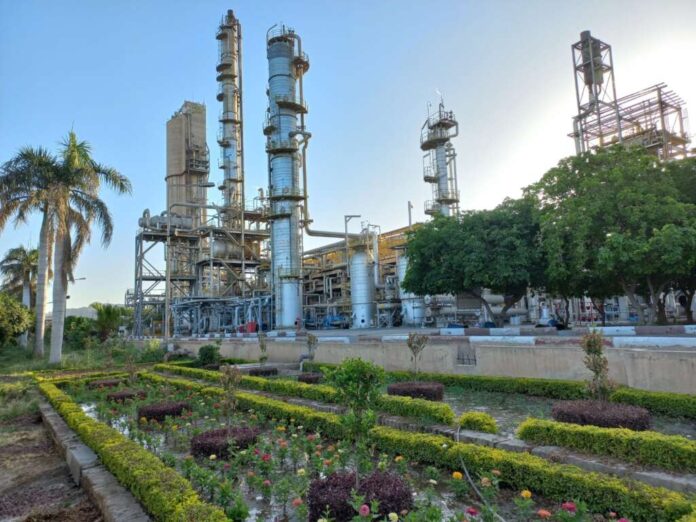Since March of 2024, there has been a renewed interest in the takeover of Agritech Ltd. Initially, Fatima Fertilizer and Maple Leaf were showing their intent and now Fauji Fertilizer has also jumped in a bid to take over the ailing fertilizer plant. After trying to buy shares from the largest shareholders, Maple and Fauji have made their public offers trying to outbid each other. With the stakes rising by the day, the question starts to emerge. Why are both the companies so interested in looking to acquire a fertilizer plant which is still reeling from its past losses?
Agritech is a fertilizer manufacturer that has a capacity to produce 433,000 metric tons of urea and 81,000 metric tons of phosphate. In the past 5 years, the share price of the has hovered between Rs2 and Rs7 which shows that the market does not value the investment in a favourable light. With fixed assets worth Rs71 billion and Rs181 per share worth of fixed assets, the market price might seem like an amazing bargain for starters.
It is only when the accounts are seen in depth that one realizes the true situation. With accumulated losses valued at around Rs24 billion, long term liabilities of Rs34 billion and current liabilities of Rs38 billion, it can be seen that things are not as peachy as they seem to be.
To put some context to these numbers, the total assets are worth around Rs84 billion while its equity is only worth Rs13 billion. This was one of the reasons that the auditors had stated that the assets could not bear the burden of its current liabilities. As the liabilities exceed current assets by a whopping Rs25 billion, the auditors felt that short term obligations could not be met with its assets and was not a going concern any longer.
So a company having such serious solvency and liquidity issues, why are two companies going at it hammer and tongs in order to take it over? Profit tries to make sense of this investment. The content in this publication is expensive to produce. But unlike other journalistic outfits, business publications have to cover the very organizations that directly give them advertisements. Hence, this large source of revenue, which is the lifeblood of other media houses, is severely compromised on account of Profit’s no-compromise policy when it comes to our reporting. No wonder, Profit has lost multiple ad deals, worth tens of millions of rupees, due to stories that held big businesses to account. Hence, for our work to continue unfettered, it must be supported by discerning readers who know the value of quality business journalism, not just for the economy but for the society as a whole.To read the full article, subscribe and support independent business journalism in Pakistan
























